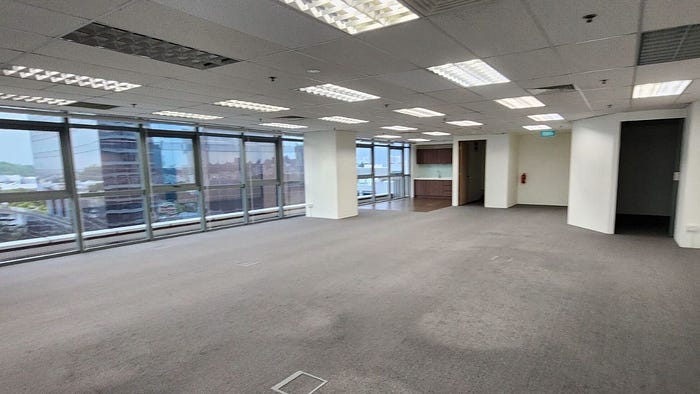Industrial Property for Sale: Everything You Need to Know.

The industrial real estate market is a vital component of the global economy, providing spaces for manufacturing, warehousing, and distribution activities. If you’re considering purchasing industrial property, whether for investment or for business operations, there are several key factors to consider. This guide aims to provide comprehensive insights into everything you need to know about industrial property for sale.
Types of Industrial Properties.
1. Warehouses
Warehouses are primarily used for storage and distribution of goods. They come in various sizes and configurations, from small storage units to large distribution centers.
2. Manufacturing Buildings
These properties are designed for the production and assembly of products. They often include specialized infrastructure such as heavy-duty flooring, high ceilings, and large power supplies.
3. Flex Spaces
Flex spaces are versatile properties that can accommodate a range of uses, including office space, manufacturing, and warehousing. They offer flexibility for businesses that need a combination of different facilities.

Key Considerations When Buying Industrial Property
1. Location
The location of the industrial property is crucial. Proximity to major highways, ports, and railways can significantly impact logistics and transportation costs. Additionally, consider the local labor market and the availability of skilled workers.
2. Zoning and Regulations
Ensure the property is zoned for industrial use and that it complies with local regulations. This includes understanding any restrictions on the types of activities that can be conducted and any environmental regulations that may apply.
3. Infrastructure and Amenities
Evaluate the existing infrastructure, including utilities, power supply, and transportation access. Consider whether the property has the necessary amenities, such as loading docks, sufficient parking, and office spaces.
4. Condition of the Property
Conduct a thorough inspection of the property to assess its condition. Look for any signs of structural damage, outdated systems, or environmental contamination. Hiring a professional inspector can help identify potential issues.
5. Future Growth and Expansion
Consider the potential for future growth and expansion. Look at trends in the local industrial market and assess whether there is room to expand the property if needed.

Financial Considerations
1. Purchase Price and Financing
Determine the purchase price and explore financing options. Industrial properties can be a significant investment, so it’s essential to understand the terms of any loans or mortgages and to budget for all associated costs.
2. Operating Costs
Consider the on-going operating costs, including property taxes, insurance, maintenance, and utilities. These costs can vary significantly depending on the size and location of the property.
3. Return on Investment (ROI)
Calculate the potential ROI by considering rental income (if you plan to lease the property) and the property’s appreciation over time. Analyze market trends to make an informed decision.

Legal and Due Diligence
1. Title Search
Conduct a title search to ensure there are no legal issues or disputes related to the property’s ownership. This step is crucial to avoid future complications.
2. Environmental Assessments
Environmental assessments can identify any contamination or hazardous materials on the property. This is particularly important for industrial properties, which may have a history of heavy use.
3. Contracts and Agreements
Review all contracts and agreements thoroughly. This includes any existing leases, service contracts, and warranties. Legal counsel can help ensure that all documents are in order.
Conclusion
Buying industrial property can be a lucrative investment or a strategic move for your business. However, it requires careful consideration of various factors, from location and infrastructure to financial and legal aspects. By conducting thorough due diligence and seeking professional advice, you can make an informed decision and secure a property that meets your needs and goals.
Whether you are a seasoned investor or a business owner looking to expand operations, understanding the intricacies of industrial property for sale is essential to making a successful purchase.

Comments
Post a Comment